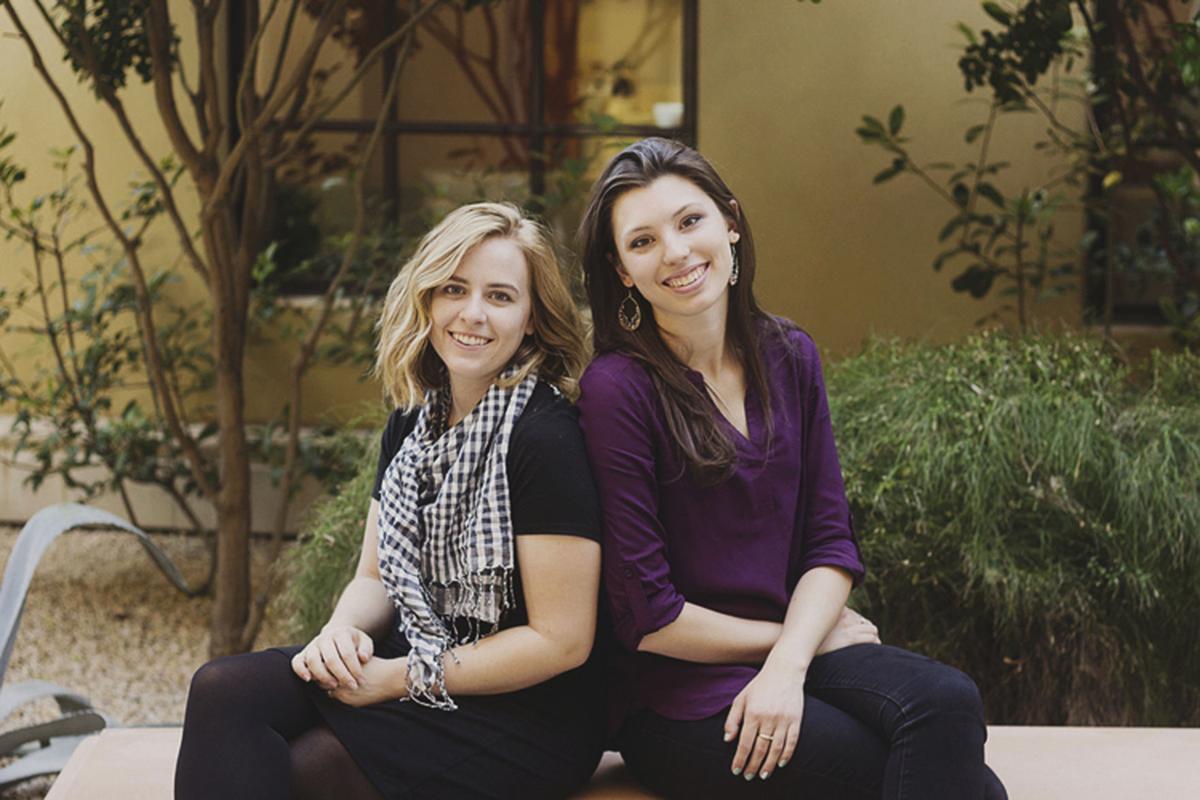The following column is the opinion and analysis of the writer.
In 2015, artists Joanna Duka and Breanna Koski took a leap of faith and started a small business together. Through Brush & Nib Studio in Phoenix, these two young women use hand-painting, hand-lettering, and calligraphy to create beautiful artwork that celebrates weddings, graduations, and other special events.
But a Phoenix ordinance threatened to send them to jail for up to six months and pay up to $2,500 in fines per day. So they had to start a different kind of journey, one that would lead to the Arizona Supreme Court and offer a litmus test for the state of artistic freedom in America.
What was their crime? Joanna and Breanna are devout Christians and cannot celebrate every message asked of them. That means they can’t create artwork celebrating racism or denigrating people of different faiths. They can’t create sexualized artwork that exploits women. And they can’t celebrate any conception of marriage that is not marriage between one man and one woman.
You may or may not agree with Joanna and Breanna on these subjects. But for all of them, Joanna and Breanna care about what’s asked of them, not who’s asking. They serve anyone, including those in the LGBT community. There are just some messages they cannot create for anyone — whether they are in the LGBT community or not. So this isn’t discrimination against anyone or any group. It’s artistic freedom: the freedom of artists to choose what they say and what they celebrate.
Unfortunately, Phoenix saw it differently. Phoenix interpreted its law to force Joanna and Breanna to handcraft artwork — everything from wedding invitations to wedding vows — to celebrate same-sex marriage, even though that contradicts their beliefs.
They challenged this unjust interpretation and ultimately prevailed. As the court wrote in its opinion, “Duka and Koski’s beliefs about same-sex marriage may seem old-fashioned, or even offensive to some. But the guarantees of free speech and freedom of religion are not only for those who are deemed sufficiently enlightened, advanced, or progressive. They are for everyone.”
Nonetheless, many will look at the Arizona Supreme Court’s decision and disagree with it based simply on whether they agree with same-sex marriage. They will say that business owners give up their rights when they serve the public. Or that artists must be compelled to stop widespread discrimination.
But you can agree with same-sex marriage and still disagree with the government forcing people to say things they disagree with. If the government can compel Joanna and Breanna to speak, it can also compel progressive artists to create custom designs celebrating the Trump administration. It could compel Muslim artists to paint crucifixion scenes for Catholic churches. Or it could compel Jewish artists to create promotional material for an Aryan Nation Church event.
And going into business doesn’t change the constitutional calculus. Artists don’t surrender their free speech when they choose to make a living through their artwork. And there’s no evidence that giving artists the freedom to control what they say on one topic — marriage — will create any problems, particularly when artists exercise this freedom for other topics.
A great irony of our culture today is that, in the name of ending discrimination, it’s becoming acceptable to discriminate against people who profess a particular view of marriage. Thankfully, in Masterpiece Cakeshop, the U.S. Supreme Court rejected that view and confirmed that government hostility toward people of faith has no place in a diverse society, and in Janus v. AFSCME, the court confirmed that it is “always demeaning” to force someone to support messages they reject. The 8th Circuit affirmed these fundamental principles in Telescope Media Group v. Lucero, a case very similar to Brush & Nib, in August.
Taken together, the these decisions serve to affirm the primary purpose of freedom of speech and religion and, indeed, the rest of the Constitution and Bill of Rights — to protect our freedom against government tyranny. The Arizona Supreme Court said it well: “Tolerance of another’s beliefs and point of view is indispensable to the survival and growth of our democracy. … For this reason, we have always recoiled at those governments and societies that repress or compel ideas or religious beliefs.”





